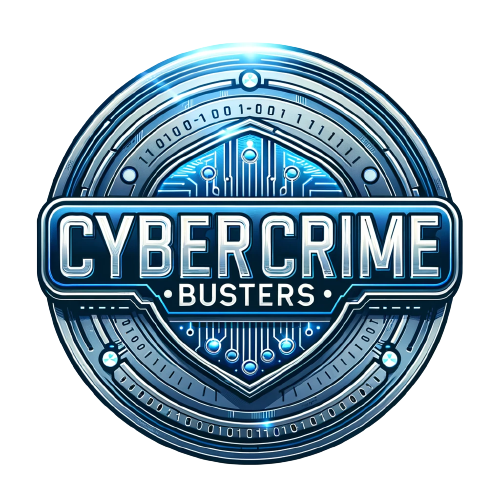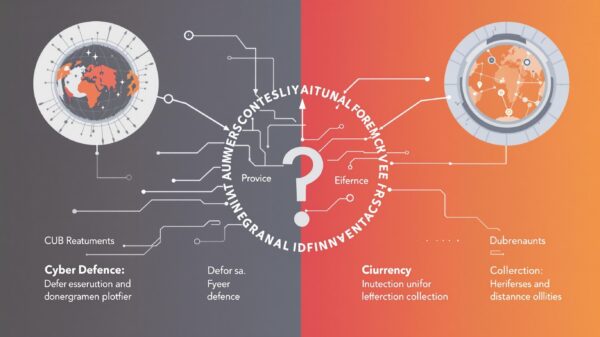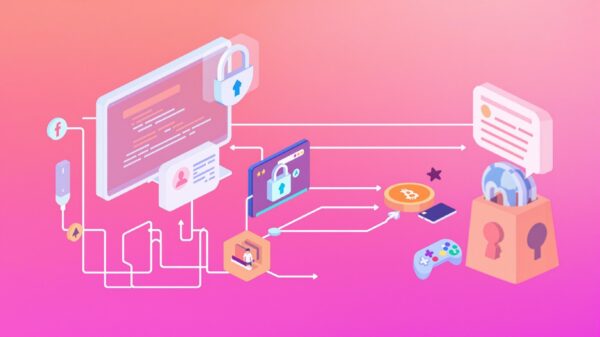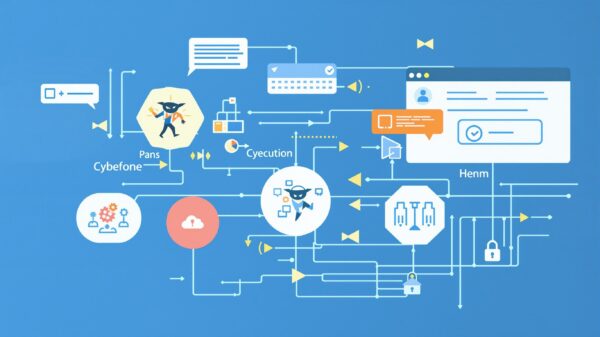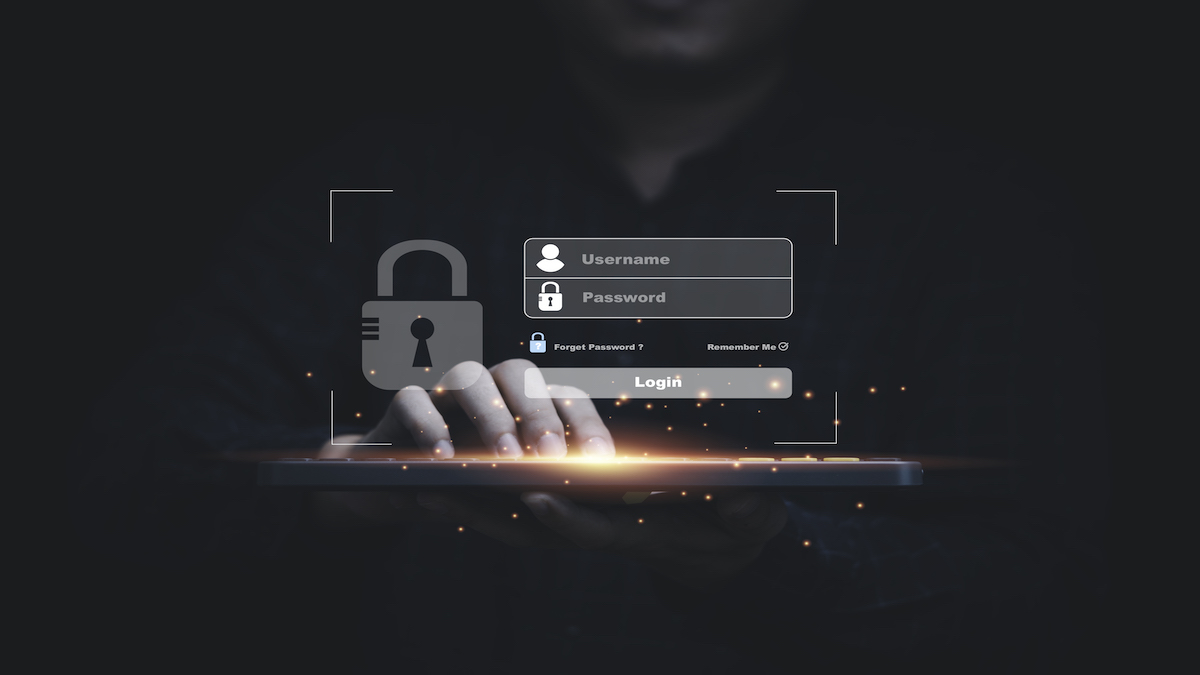In our modern, hyper-connected ecosystem, cybersecurity is no longer a niche concern for tech industries – it is a crucial, pervasive need that underpins the very fabric of our online experience. With the global surge of cyberattacks, organizations are grappling for cybersecurity talent to fortify their defenses. For the uninitiated, diving into the cybersecurity field might seem daunting. However, for those with a passion for problem-solving and a tenacious drive to protect digital assets, the path is rich with opportunities for personal and professional growth.
Embracing the Cybersecurity Imperative
As our lives become increasingly digital, cybersecurity professionals are akin to modern-day guardians, protecting everything from personal data to critical infrastructure. The demand for skilled cyber defenders is on an exponential growth curve, reflecting the escalating sophistication of cyber threats. From private corporations to government agencies, employers are keen to find candidates who not only possess the requisite technical skills but also the innovation and adaptability to stay ahead of cybercriminals.
To help you stake your claim in this dynamic field, we’ve crafted a comprehensive guide to launching your cybersecurity career – from crafting an educational roadmap to engaging in professional communities and keeping your skills razor-sharp.
Understanding the Vast Cybersecurity Landscape
Cybersecurity is not a monolithic field but a varied landscape with different terrains of expertise. Whether you aspire to specialize in ethical hacking, digital forensics, or information security management, a nuanced comprehension of these domains is your first step into this illustrious gate.
Explore the World of Roles
Start by familiarizing yourself with the multifaceted roles within the domain. These include but are not limited to:
- Security Analysts: They protect companies’ computer networks and systems.
- Penetration Testers (Ethical Hackers): They simulate cyberattacks to identify security weaknesses.
- Security Consultants: They advise businesses on best practices for protecting their data.
- Cryptographers: They protect information and communications by encrypting data and developing secure communication protocols.
Each role has its unique set of responsibilities centering around the common goal of fortifying digital defenses against unidentified risks.
Acquire Knowledge and Certifications
Degrees and certifications serve as the bedrock of your cybersecurity expertise. They not only provide you with the baseline knowledge but also act as verifiable endorsements of your understanding in the field.

Earning a Degree in Cybersecurity
Many universities offer bachelor’s and master’s degrees in cybersecurity, or you might explore a degree in computer science or information technology with a focus on cybersecurity. The knowledge gained from coursework is invaluable, providing a comprehensive understanding of security policies, cyber defense strategies, and digital forensics techniques.
Certifications as a Testament of Your Skills
Degrees alone are rarely sufficient; cybersecurity certifications validate your specialized skillset and can be differentiators in a competitive job market. The journey of certification might start with entry-level programs like CompTIA Security+ and lead to more prestigious accolades such as the Certified Information Systems Security Professional (CISSP).
Cultivate Technical Proficiency
Cybersecurity is an intensely technical arena; a robust set of technical skills is non-negotiable for a successful career in the field.
Mastery of Programming Languages
Languages like Python, Java, and C++ are pivotal for tasks ranging from scripting and automation to the development and analysis of security tools. An adept programmer in the cybersecurity context is akin to an artist with a well-honed craft of deftly wielding technological tools.
Understanding Networking and Systems Administration
Networking skills form the architectural foundation upon which cybersecurity measures operate. Familiarize yourself with essentials like TCP/IP, DNS, and firewalls. Moreover, comprehension of operating systems and their vulnerabilities is fundamental. You need to be comfortable working across a range of systems like Windows, UNIX, and Linux.
Gain Hands-on Experience
The value of practical experience in cybersecurity cannot be overstated. Encounter with real-world scenarios sharpens your skills and prepares you for the exigencies of the professional environment.
Internships and Entry-Level Positions
Secure a foot in the door with internships and entry-level roles, where you can shadow senior professionals, getting a firsthand glimpse into the complexities of cybersecurity operations. These positions could involve anything from conducting security assessments to troubleshooting incidents.
Participation in Capture the Flag (CTF) Competitions
CTF competitions are cybersecurity simulations where participants solve security-related challenges across various domains like coding and cryptography. They are not only educational but can also be highly competitive, allowing you to develop your strategic and analytical skills in a dynamic environment.
Engage with the Cybersecurity Community
Cybersecurity is a field where the learning never stops, and connectivity to the larger professional community can be a rich source of learning and collaboration.
Joining Cybersecurity Forums
Online forums like CyberSecurityTalk, Reddit’s /r/cybersecurity, and professional networks like LinkedIn groups can provide insights into industry trends, discourse on best practices, and opportunities to seek advice from seasoned professionals.
Attending Industry Events and Conferences
Events such as DEFCON or Black Hat draw some of the brightest minds and biggest names in cybersecurity. Attending such conferences is not just an educational opportunity but also a platform to network and potentially secure job prospects.
Stay Vigilant with Ongoing Learning
Cybersecurity is an industry that evolves at the speed of cyber threats. Continuous learning is pivotal to staying abreast of the latest technologies, methodologies, and threat landscapes.
Keep Up with Current Threats
Be well-informed about recent cyber incidents and data breaches. Following cybersecurity news outlets, subscribing to threat intelligence feeds, and engaging in continuous threat analysis keeps you informed of the tactics, techniques, and procedures wielded by cyber adversaries.
Professional Development Through Training
Undertake regular training courses, both online and in-person. These might be centered around specialized tools, developing niche skills, or familiarizing yourself with emerging technologies like cloud security or Internet of Things (IoT) security.
The Final Firewall: Recognize the Opportunity
As you navigate through this comprehensive guide, remember that the cybersecurity field is not just about defense, but also about innovation and advancing the frontiers of technology. The persistence and passion you bring to this journey are as indispensable as the knowledge you accumulate. Each step you take brings you closer to a field that not only offers personal fulfillment but also presents an invaluable service to the greater digital community.
Head into the cybersecurity realm boldly, for the opportunities are as limitless as the digital horizons you will be guarding. Embrace the challenges, sustain an insatiable thirst for knowledge, and above all, recognize your role as a guardian of the digital age.
Cybersecurity is more than a career choice; it is a calling – one that we hope you will answer with all the dedication and commitment that it deserves. By following the steps outlined in this guide, you’ll not only be preparing yourself for a successful career but contributing to the collective security of our online environment. Now, it is your turn to make your mark in this indomitable field. The digital realm is waiting for you, protector. Let’s secure it, one keystroke at a time.
